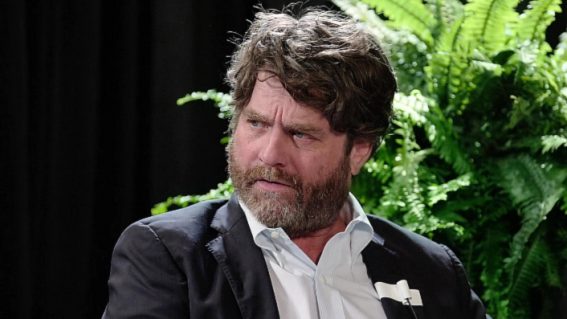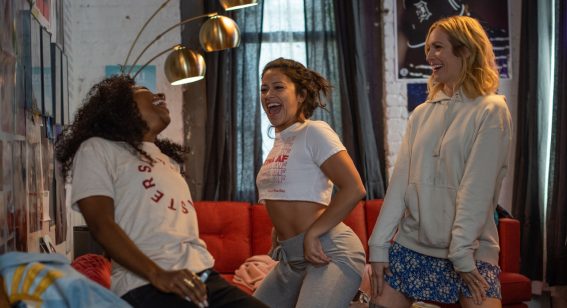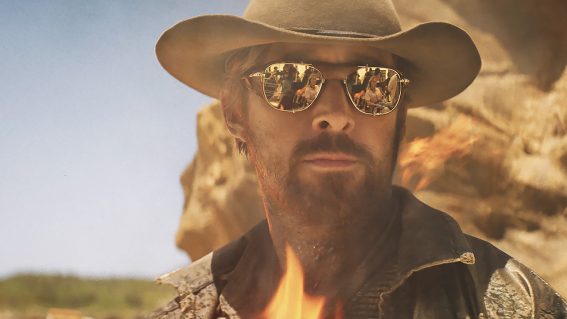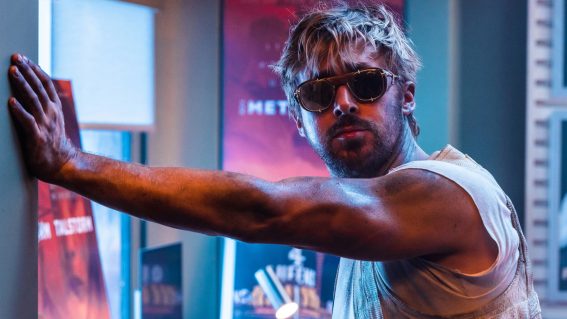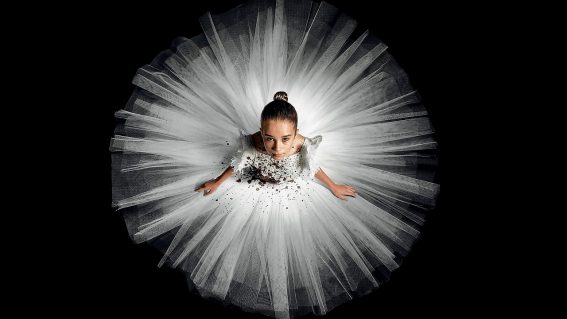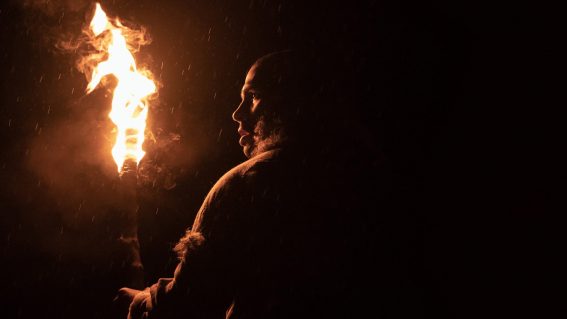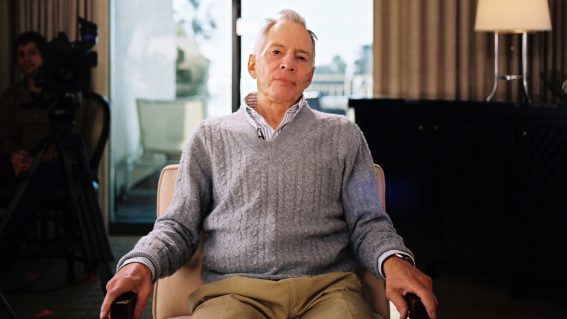There’s one thing that keeps Murder Mystery truly funny
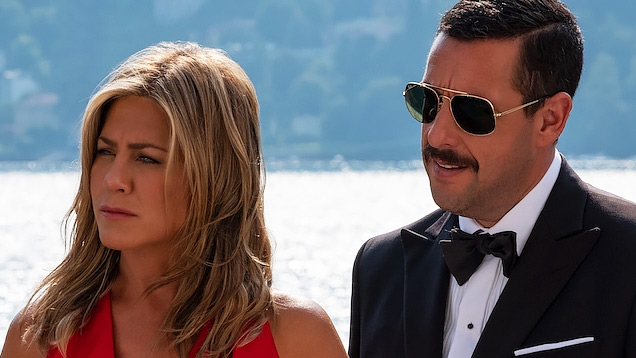
Adam Sandler and Jennifer Aniston have fabulous chemistry in Netflix’s Agatha Christie-homaging comedy caper, Murder Mystery. However it’s something else that keeps this film enjoyable, says Luke Buckmaster.
The chemistry between Adam Sandler and Jennifer Aniston works a treat in Netflix’s new comedy Murder Mystery. They spar and kvetch and chuckle and jive. You can totally believe the superstar actors are a couple of fair dinkum, straight-talking vacationers from New York with big attitudes and a small bank account – always happy to chew the fat, even (and especially) when thrown into the kind of jiggery pokery one experiences only through the fiction of Agatha Christie.
Director Kyle Newacheck and screenwriter James Vanderbilt (whose varied oeuvre includes Zodiac and White House Down) would be happy with that connection; they clearly intended the film to be a Christie-homaging caper. The story revolves around Nick (Sandler) and Audrey (Aniston) being present at the scene of a murder, where everybody in the room has an obvious motive other than them. They are on a luxury yacht, having accepted an invitation from a charming but cagey stranger (Luke Evans) who informed them of his plans to get horrendously drunk and ruin his uncle’s wedding.
Not to be upstaged, uncle – the billionaire Malcolm Quince, played by a shit-eating Terence Stamp, whose entire performance is so small it could be missed if you go to the bathroom at the wrong time – gets in first and ruins it himself. “You are all leeches…you repulse me,” he says to his dearest and nearest, who are gathered to witness his nuptials. The well-heeled old man has decided to do the difficult, dignified thing and marry a young and smoking hot bride, to whom he pledges all his fortune.
The leeches/you repulse me thing doesn’t exactly endear him to the room, where an assortment of cartoonish characters listen with mouths agape – including a Spanish race car driver, a sexy superstar actress, a one-eyed Colonel and a heavyset bodyguard. Quince is suddenly found dead, with a dagger plunged into his heart, after the lights go out for a few convenient seconds, giving somebody at the soiree enough time to stab the old cretin with an ornate curvy dagger.
Immediately before his death, Quince announced his intention to write all these leeches out of his will, a rejigged version of which he was just about to sign before being skewered. Nick and Audrey are sort of present at this scene and sort of not, in the sense that they are physically there but the script paints them as Muppets on the balcony characters, commentating on dramas unfolding around them as if they were one or more steps removed from it. They seem to regard reality as a kind of TV set, or vaudevillian act, with their primary purpose being the provision of a Mystery Science Theatre 3000 type running commentary.
A means of reducing the pain of human experience, perhaps; of healing through dissociation. Their behaviour is poignant if viewed through that lens, but also pretty bloody funny, because it allows the characters to talk about things happening around them with a bemused detachment, bolstered by the actors’ aforementioned chemistry. “Can’t get this on a bus baby,” says Aniston in the thick of Quince’s venomous monologue, as if, instead of being actually there, she was munching popcorn and sitting in front of the tube, entertained but always ready to change the channel.
The characters’ outlook insists on maintaining this kind of detachment while the script insists on drawing them in, making passive observers out of active players and vice versa. This entertaining tension was a core part of the more impressive, in fact superb Game Night, which imagines a bored middle class no longer capable of ascertaining whether the things they do recreationally fall inside the boundaries of reality. Instead of intervening when a kidnapping occurs right in the front of them, the principal characters in Game Night sit back, and, noshing on cheese and quince paste, discuss the method performances of the kidnappers – only later stopping to consider that what they witnessed might be real.
Game Night has fabulous visual wit, including pressure-packed scene transitions and long shots styled to present real locations as if they were miniature pieces. Murder Mystery on the other hand has almost no visual wit at all, which is the film’s key failing. Newacheck eventually creates some but it takes the entire running time to get there, landing on a memorable final shot that contains an amusing (if obvious) gag presented entirely pictorially.
But the idea of reality being a form of pantomime that people can observe and commentate, as if they have nothing invested themselves and no skin in the game whatsoever, is what keeps this film enjoyable (though Sandler and Aniston’s chemistry certainly helps). If other Game Night-lite comedies emerge, it’s possible the joke will get old. For now, at least, it’s very funny.


